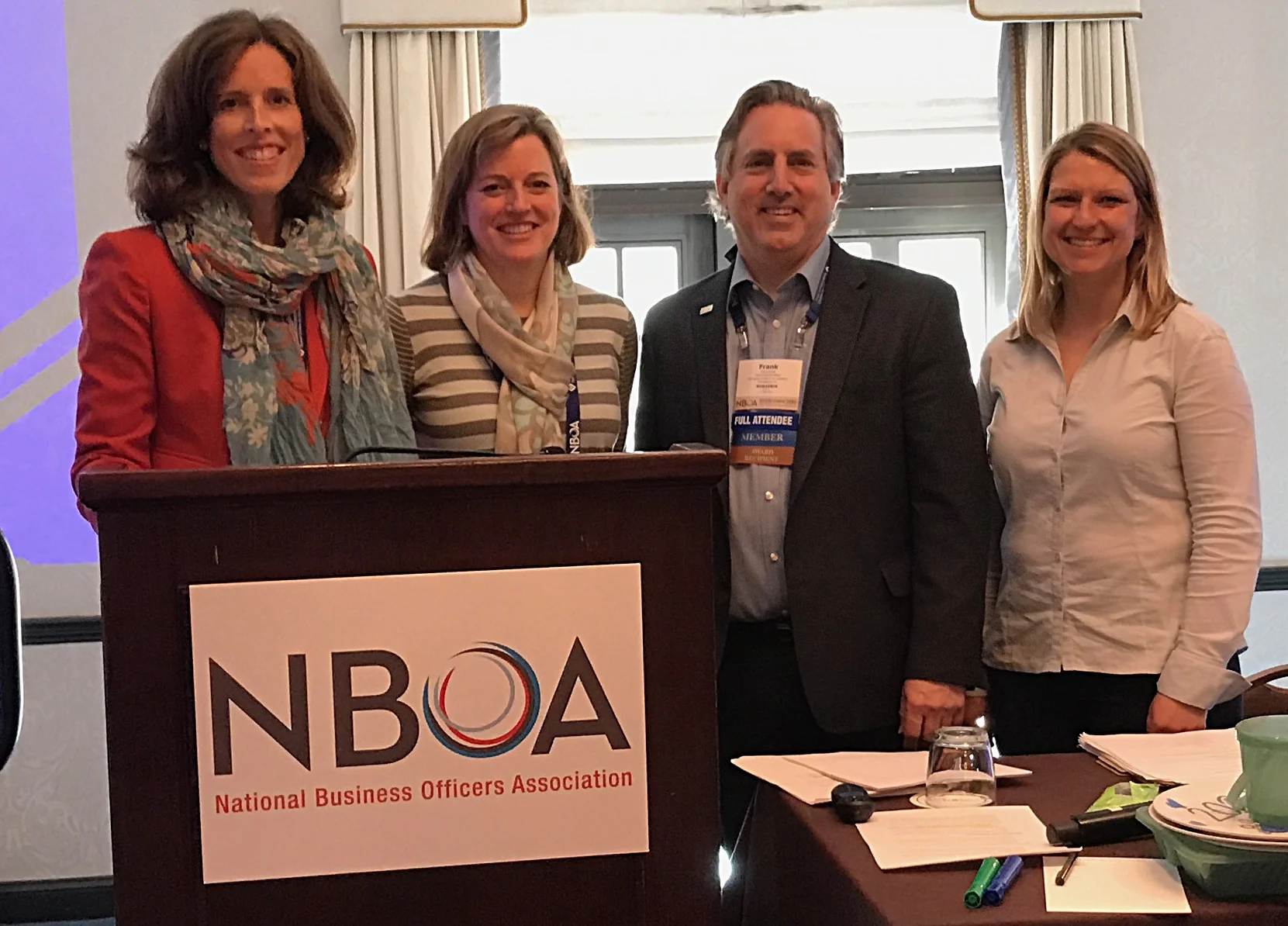Due to their persistence and connection to serious potential health effects, the chemical compounds known as perfluoroalkyl and polyfluoroalkyl substances (PFAS), or “fluorinated additives have come under increasing scrutiny from toxicologists, ecologists, and regulators over the past two decades. Among other uses, these chemicals have been added to single-use foodware products in order to impart water- and grease-resistance.
A Composter Bin: The Newest Member of NFA Dining Hall
Norwood-Fontbonne Academy (NFA) received a Weavers Way Green Community Projects grant in March 2017. This grant supports a larger initiative to reduce waste, increase recycling and composting, and teach students to minimize their impact on earth. With grant funds, NFA will purchase a new composter that can hold up to 267 gallons of food and yard waste. According to NFA’s chef Annie Bercaw, “We are excited to significantly reduce NFA’s waste production and divert our compostable garbage using this new composter.” Adds Mrs. Nancy Peluso, the Director of Lower Grades, "We are thrilled to receive the Weavers Way Grant as it provides hands-on learning opportunities and supports our commitment to environmental sustainability.”
Published in the Chestnut Hill Local on April 20, 2017, Page 11. Written by Grace Yi, a Nature Preschool Teacher at Schulykill Center for Environmental Education and intern at Boyer Sudduth Environmental Consultants.
Annie Bercaw of Apple Annie's Catering shows the food waste scraps that can be composted.
Lower School Girls are Zero Waste Heroes
In 2012, the SCH Academy lower school for girls identified a problem: food waste and recyclables were too often getting tossed into the large grey trash bins in the cafeteria instead of being thoughtfully separated into the compost bucket and blue recycling bins. With support from the science teachers and faculty sustainability committee, the 2nd and 3rd grade students began a “design thinking” process to identify the specific problems with cafeteria waste and to brainstorm solutions.




